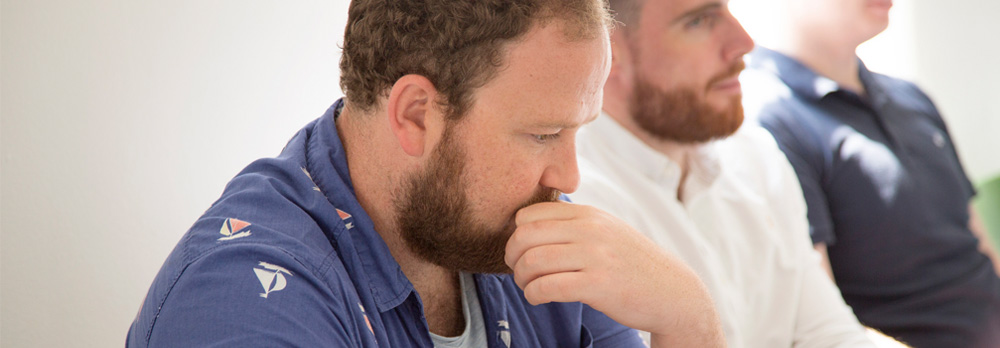
3 Ways To Bridge The Digital Skills Gap
20 November 2013, Gwyneth March
It is easy to be worried by the digital skills gap. Frightening stats bombard us everyday, such as:
- Moore’s Law – coined in 1965 after the co-founder of Intel – predicts that computing power will double every two years
- One in five adults in the UK don’t have basic online skills – even though 90% of jobs by 2015 require them.
- The UK will need 750,000 more skilled digital workers by 2017 to keep pace with the rest of the world
What can you do about it?
1. Don’t panic
Experts say computer power cannot continue indefinitely to increase at this rate.
 Moreover four out of five adults do have basic online skills! And the children who were babies under Blair – where it was considered amazing to promise a computer in every primary school – have never known a world without a handset or the internet. They are today’s graduates.
Moreover four out of five adults do have basic online skills! And the children who were babies under Blair – where it was considered amazing to promise a computer in every primary school – have never known a world without a handset or the internet. They are today’s graduates.
But coming up behind them are genuine digital natives. In a few years we will have children who are taught to code at school.
We should also recognise that there will always be a role for ‘soft’ skills such as the ability to present ideas. And clients are still angry at the poor quality of grammar and punctuation. At a talk I gave to the IOD on recruiting and training graduates, everyone used the Q&A to bemoan the state of literacy.
So do not underestimate the impression you make with basic talents of courteous communication. (I once witnessed someone eagerly try and drum up a reputation on a social media business group by asking ‘what rechnology should avertisers be investing in?’ Quick as a flash someone replied ‘I’d try spellchecker’.)
2. Hire some young people
O2 CEO Ronan Dunne pleads: “There are more than a million young people out of work. It’s a travesty that whilst businesses are crying out for digital skills, they are excluding from the workplace the very people who have them. Now is the time when thousands of young people will be deciding what to do next. We want to encourage them to make the most of the fact that they have grown up in a digital world and be confident in the value of their skills to prospective employers.”
Speaking at a recent event Sam Conniff – co founder of Livity – said that hiring 14 year olds was a great way to come up with innovative ideas.
But teach them. Sheree Hellier of the Institute of Direct and Digital Marketing comments that companies expect too many unrealistic skills – such as an understanding of PPC – from graduates. “We discovered that overall, graduates are expected to have a range of skills even though they may not be hugely experienced….Graduate roles do not appear to be clearly defined – they are expected to have a range of skills and be a ‘jack of all trades’ early on in their careers. Often there is a skills expectations versus an experience disconnect.”
3. Ask experts what you actually need to know that you can use
Sure you need to know about the latest in digital, but much more important are strategic and tactical ideas.
So, go to some events, for example some of the free ones from the IAB, or Chinwag which is an online community of people working in digital media.
If you are an IPA member you can access free learning resources. I’ve learned a lot – not least that coding can be easy – from She Says – a worldwide community of women who provide mentoring and training on digital subjects .
Ask your clients what digital skills they look for in their business partners and really probe what they need. They’ll be flattered! If, and only if, you think they are tech savvy then ask who they rate as digital trainers.
And if you could only do one thing? Teach you and your people to code – as Farooq Mohammed of Digital Gurus recruitment agency points out “it is the only universal human language”.


